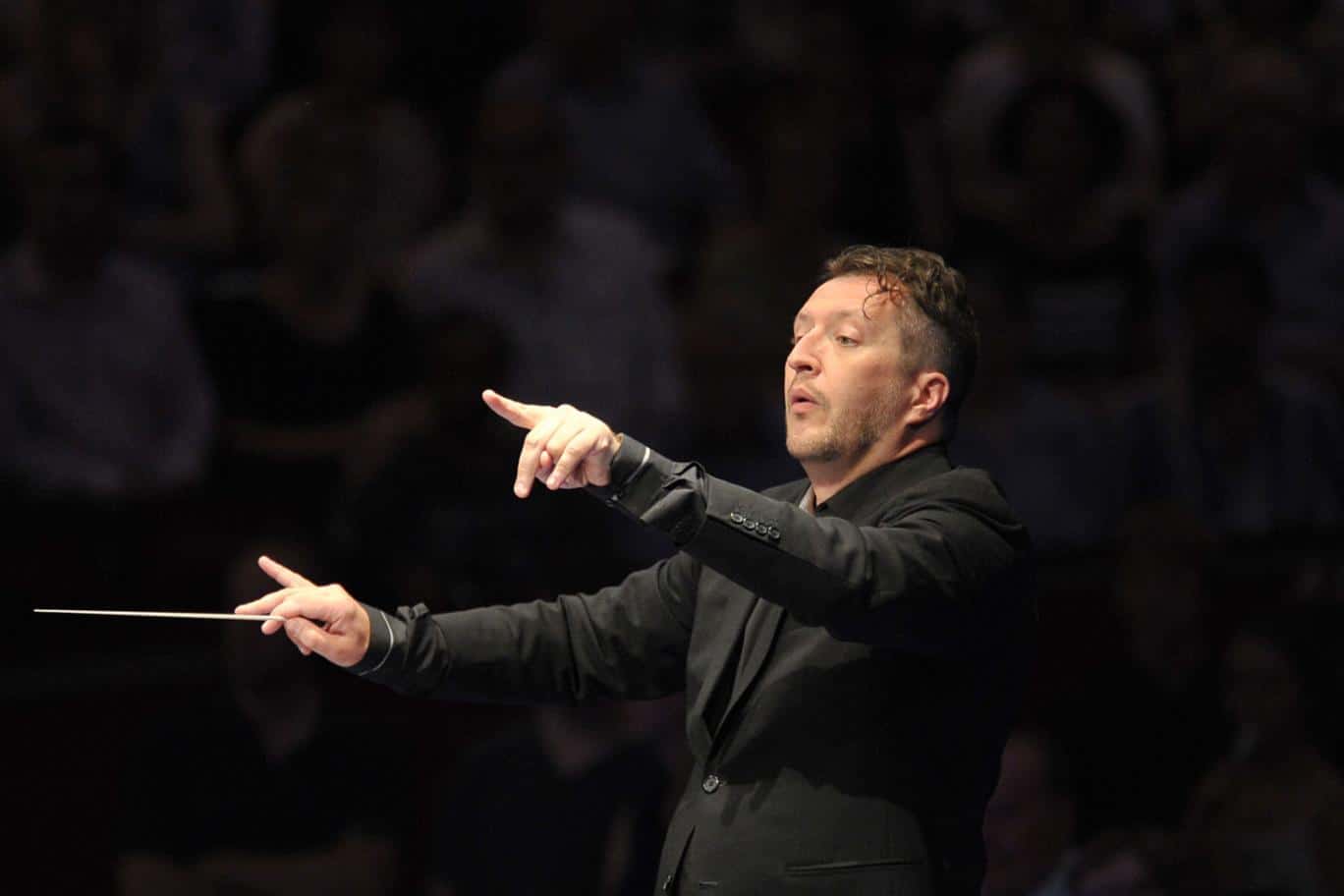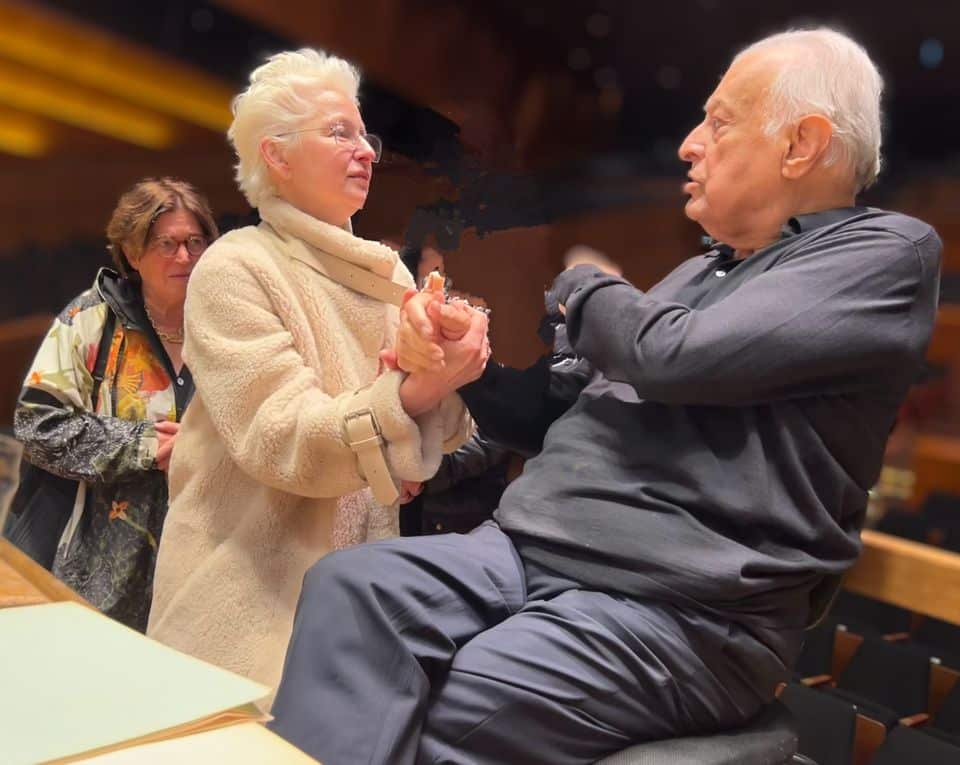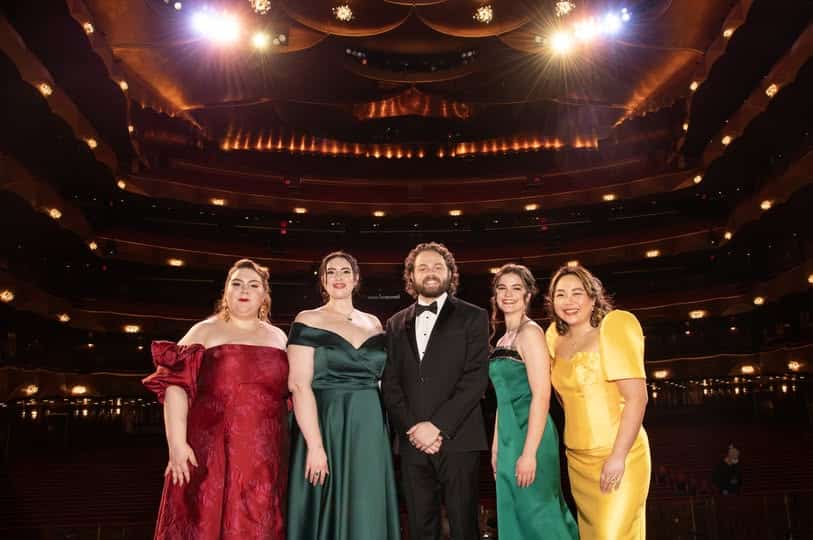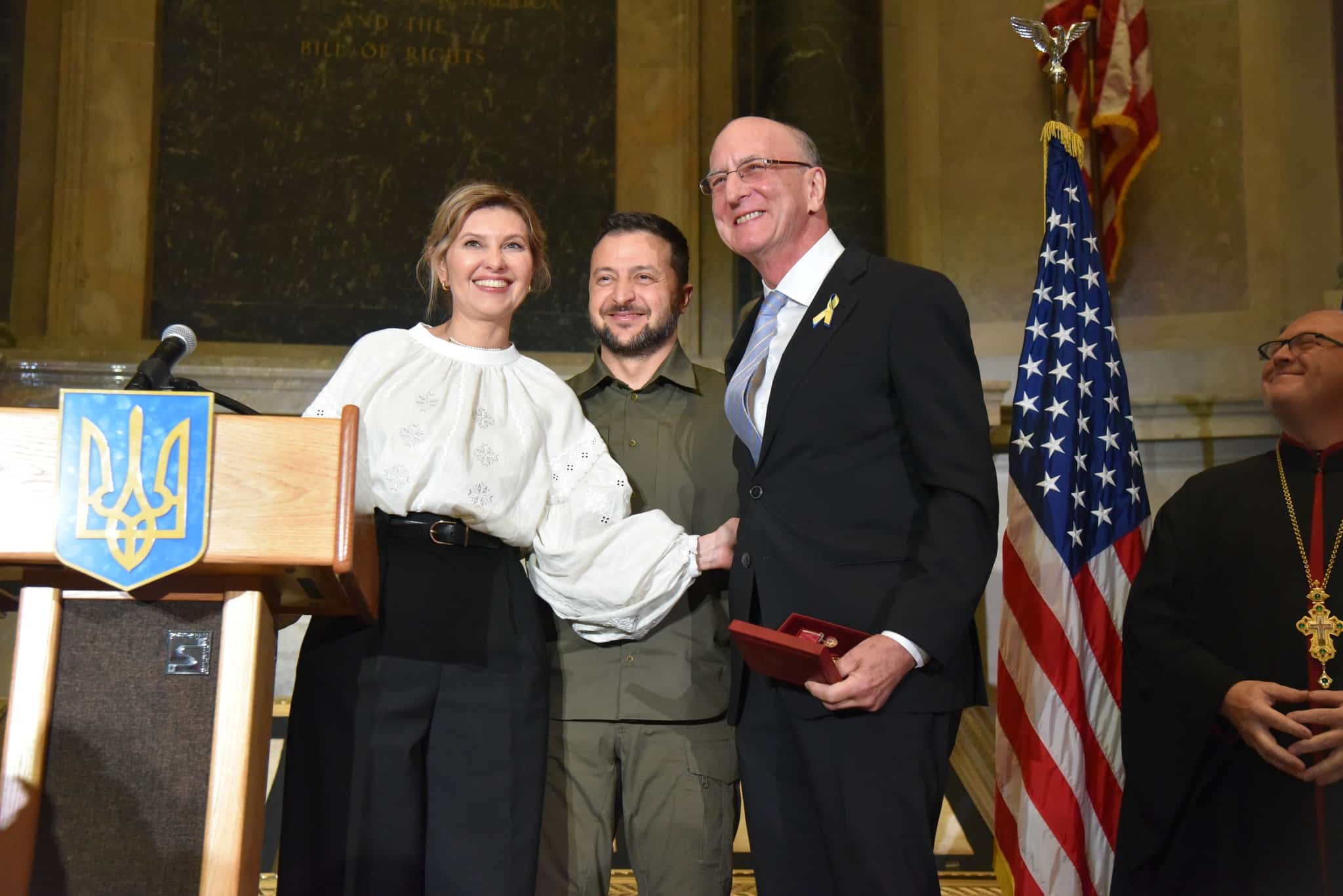An English composer makes his Vienna Philharmonic debut
NewsThe composer Thomas Adès will break new ground this weekend when he conducts the Vienna Philharmonic in a subscription concert.
Who was the last British composer to earn that honour? Was there ever one.
Adès had experience of the orchestra when conducting his Shakesperean opera The Tempest at the Vienna State Opera in 2015. He says: ‘I admired the sound that the orchestra got out of my music, an understanding of my tonal language was immediately noticeable. Not only were the notes played back exactly. You heard the meaning of the phrases, understood what they were saying…. Because of this understanding, the musicians also asked very good questions.’
This weekend’s programme is Berg, Three Orchestral Pieces, Op. 6; Ravel, La Valse; Adès, Dance of death.
photo: Chris Christodoulou






Comments